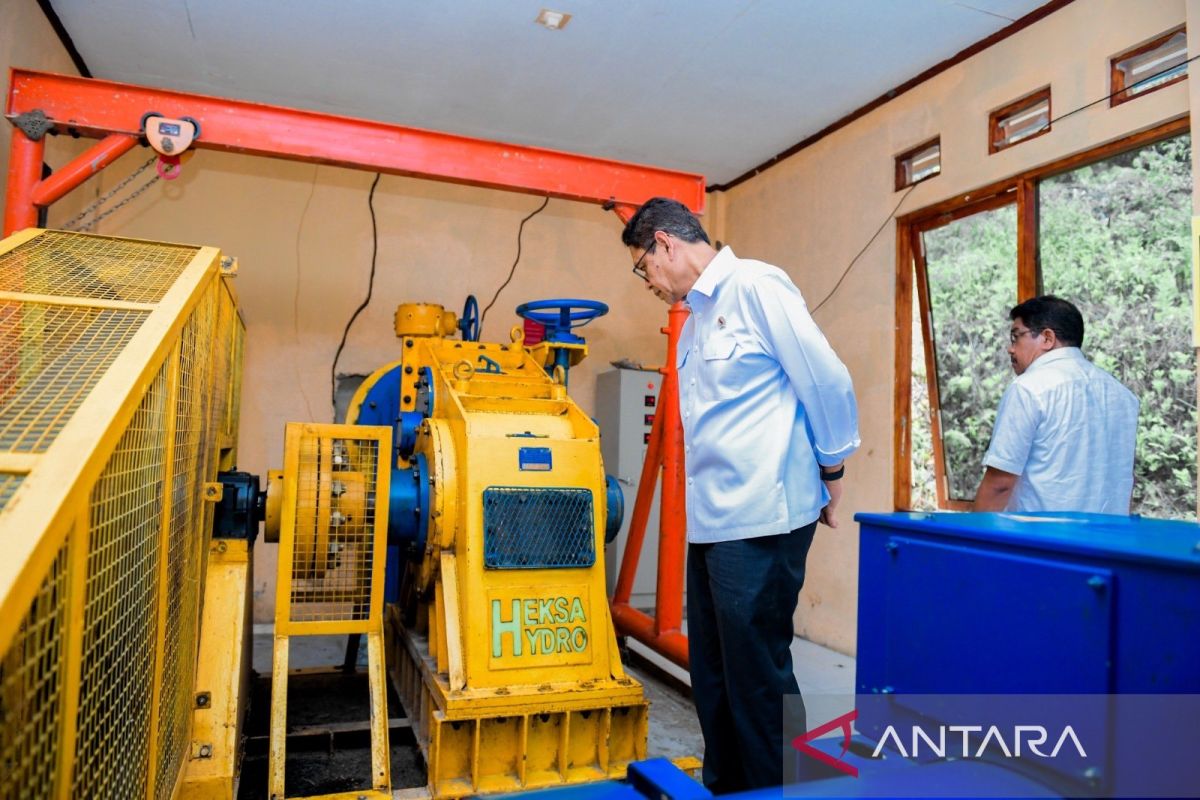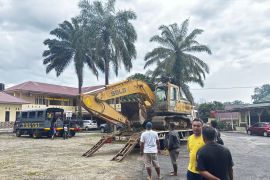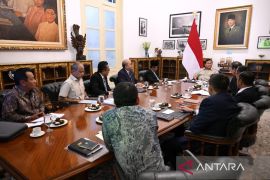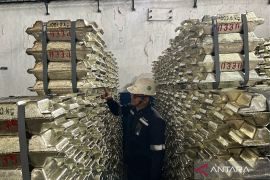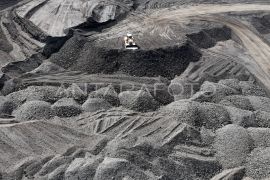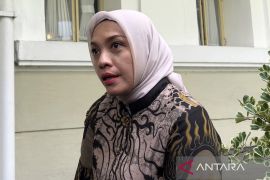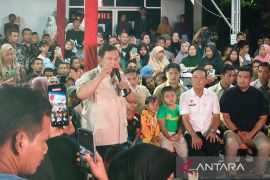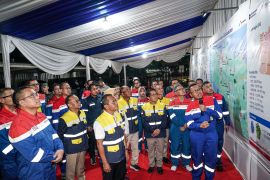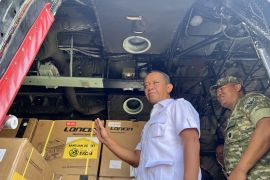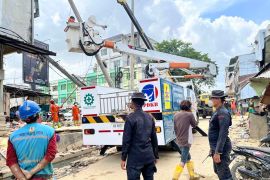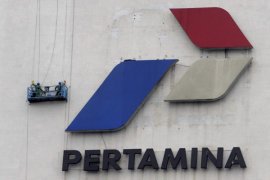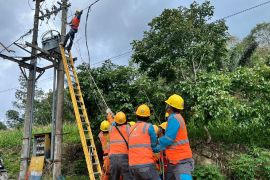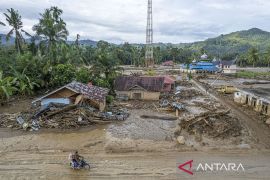“Access to clean energy is not just about lighting—it opens up new economic opportunities,” Tanjung said in Jakarta on Thursday.
He said the 128-kilowatt plant has become a catalyst for community productivity, enabling traditional “ikat” weavers to work longer, supporting home-based industries that no longer rely on daylight, and allowing evening classes for students seeking extra learning time.
“Wairara is the first village in the area to be truly free from darkness,” he said.
The Wairara PLTMH draws power from the Pakuhuay River, supplying electricity to 105 connections, including households, schools, health centers, subdistrict offices, village halls, and places of worship.
Tanjung noted the shift from diesel generators has delivered clear economic benefits. Previously, local power relied on about 62,000 liters of diesel fuel per year.
Related news: Indonesia expands rural energy access with community programs
The micro-hydro system now produces electricity at a cost of roughly $0.03 per kilowatt-hour, significantly reducing expenses for both the village and its residents.
“Geographically, using diesel is costly—it takes around 20,000 liters of fuel just to reach the site.With this micro-hydro system, we no longer depend on diesel. It provides continuous power, operating 24 hours a day based on community needs,” he said.
He added that the plant’s management by a village-owned enterprise (BUMDes) has empowered local authorities and ensured sustainable operation.
“With BUMDes oversight, the micro-hydro plant can be properly maintained,” Tanjung said.
The Energy and Mineral Resources Ministry has been promoting renewable energy projects in remote regions to reduce dependence on fossil fuels and expand access to electricity.
Related news: Indonesia accelerates green investment with new biomethane policies
Translator: Putu Indah Savitri, Cindy Frishanti Octavia
Editor: Rahmad Nasution
Copyright © ANTARA 2025
